When Education Collides with The Metaverse

What are the benefits and its potential?
With the recent advancements and the world becoming more digital than ever, there’s no doubt that the metaverse would soon impact the education sector.
The pandemic has taken a huge toll on schools, colleges, and universities, leading students to adapt to online learning through Teams, Zoom, Google Classroom, etc. But is this the most effective way of learning… Or does the metaverse offer more possibilities to enhance students learning…
With Mark Zuckerberg changing the formerly known Facebook to ‘Meta’ there has been lots of hype around the buzzword… Metaverse. Yet, what does it mean?
A quick Google search would tell you that – ‘the metaverse is a virtual-reality space in which users can interact with a computer-generated environment and other users.’
However, V-Gather recently published “Why is the metaverse the future?” where we shared information about the metaverse; its history, progression and future.
So, I’ll keep it simple for now.
Where does ‘Meta’ come into this?
In October 2021, Meta uploaded a YouTube video titled ‘Education in the metaverse‘ where they quoted ‘Imagine stepping inside your textbooks. Welcome to the metaverse.’
In this video, a woman and a child are discussing the young girl’s future of becoming an astrophysicist. The young girl has a paper due and needs information.
The video goes on to show how you could study in the metaverse by moving the planets and taking a closer look by putting on a pair of glasses.
The video describes what we’ll be able to do in the metaverse, they quoted…
‘In the metaverse, you’ll be able to teleport not just to any place but any time’
‘Imagine standing on the streets hearing the sounds visiting the markets to get a sense of the rhythm of life over 2000 years ago’
‘Imagine learning how the forum was built by actually seeing the forum get built right in front of you’
Although only a short one minute clip, this video has amazing graphics to truly visualise what our future in the metaverse will look like.
The only question is how long will this take?
Meta is one of the most well-known companies in the world and they aren’t the only ones making huge advancements. Changing the landscape of education delivery is Metaverse Learning.
They develop industry-specific immersive content that can be used by educational and commercial organisations as well as independent training providers to develop learners’ skills and prepare them for their chosen industry.
V-Gather recently partnered with them to create their own metaverse, allowing their potential customers to explore the virtual environment and view their products, services, videos and brochures.
In addition to this I spoke to the Co-Founder of Metaverse Learning, Jason Holt CBE, to get his thoughts on the metaverse and how it’s affecting the education industry.

1. How do you think the metaverse is benefitting the education industry?
Whilst the metaverse is a relatively new term being used in today’s world, mixed reality has been around for 20+ years. We have had plenty of experience on the impact immersive learning has on thousands of learners.
Fundamentally, it brings the world of work to the fingertips of the learner in a way that cannot be replicated, other than if you were to be in that particular environment in reality. This has been a game-changer for the lucky few who have experienced it and what we expect to see is that this type of solution is to become mainstream in all areas of education over the next few months and years.
2. What are you hoping to see change within the metaverse?
I’d like to see a far more agile approach to the learner journey and assessment. Imagine a time where, no matter where you are, you can acquire skills and be assessed for competency in a virtual remote location. This would democratise education as it would not just be for the lucky few who can access schools, colleges and universities but anyone who has access to a device or laptop.
3. Do you think the metaverse will be implemented within all schools in the next couple of years?
I do think that this technology will be part and parcel of how learners acquire knowledge and skills, and this will happen very quickly over the next couple of years. We are at a crossroads where computer power is ubiquitous, and the adoption of technology is commonly accepted. There has been a cultural shift in the schools and colleges with regards to the adoption of tech to enhance teaching power. This last barrier was one of the greatest reasons for the lack of adoption which I’m pleased to say has largely dissipated with COVID-19.
4. What are some of the problems the education faces that the metaverse could fix?
The metaverse solves lots of problems… It provides a safe way for students to learn without harm or risk to themselves, no embarrassment or judgement from others if a mistake has been made and no cost of creating these environments for real.
Another problem the metaverse tackles is the difficulty in sourcing teachers – this is a teaching aid so an hour’s worth of teaching can reach far more students and in a more consistent manner so it would be considered an optimising resource.
Accessing work, as many people are now working from home and maybe restricted due to COVID-19 means there needs to be a more imaginative way to understand the world of work. This solution provides exactly that. A line of sight for learners to see what the real world is really like. To try their hand at different occupations. How else could you do that?
The limitless potential of the metaverse for learners
Now even though many people are on board and like the thought of hybrid working, many still fear the idea of our real-world being taken over by the metaverse and this is not the case.
The possibilities within the metaverse are endless and will allow students to use it for their own benefits.
For example…
- Imagine visiting a 3D college / university open day allowing students to discover courses, qualifications in an engaging and immersive way.
- Imagine learning in a virtual world allowing you to feel more connected than ever from the comfort of your home.
- Imagine having 24/7 access to an immersive virtual world from your laptop.
- Imagine the experiences that can be given to learners with the limitless potential of the metaverse.
A recent project V-Gather had with the Cardiff and Vale College was to create a 3D environment to allow students to explore their metaverse while learning about the college, the courses they offer, careers, etc.
Offering this service to their current and future learners will allow them to experience this technology and engage them in new ways that traditional 2D websites cannot do.
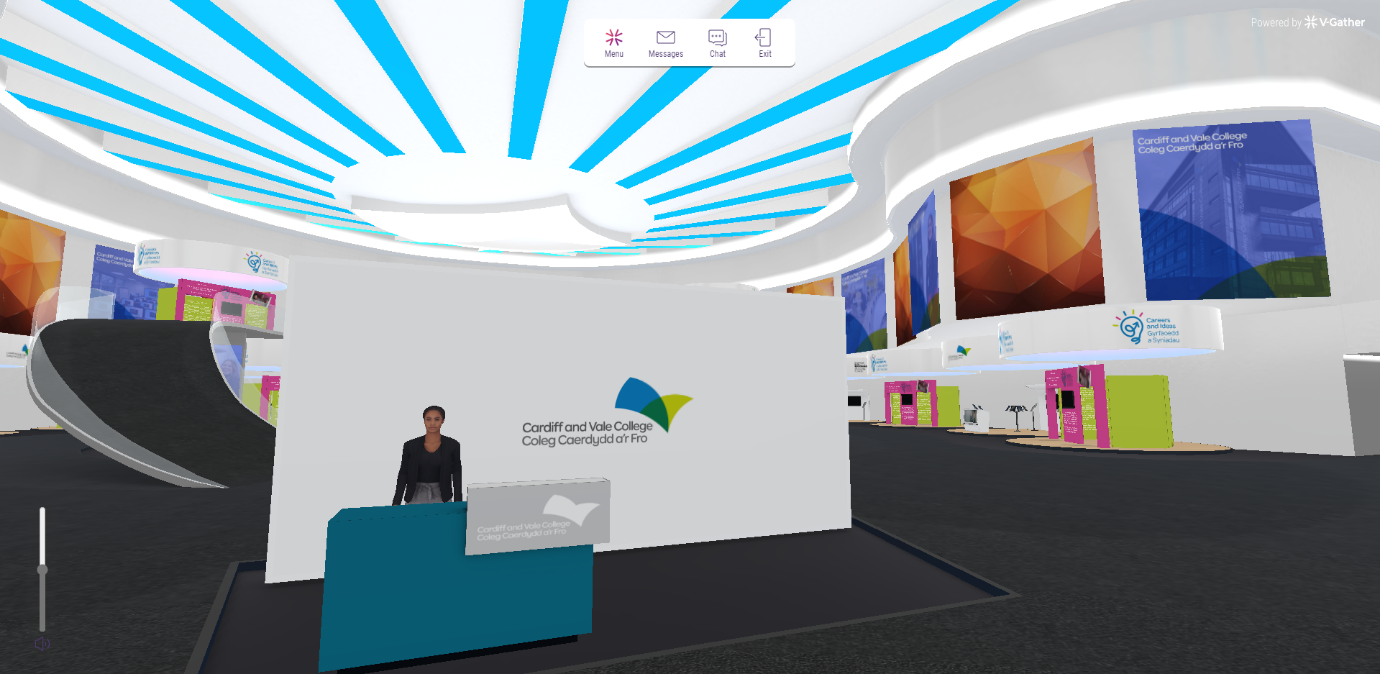
The benefits many have experienced within the metaverse are incredible and opens new opportunities to teachers and students.
In the metaverse, you can…
Help students learn skills that are high risk or potentially life-threatening
When choosing a career that’s difficult and has lots of things that can go wrong or have a risk to life, it’s hard-to-find opportunities where less experienced students can train and get the experience.
By allowing students to access immersive 3D experiences they can make mistakes in realistic scenarios without harm to themselves or others.
No restrictions on time, location, or language
The beauty of the metaverse is that you can access it at any point of the day, anywhere in the world as well as view it in any language. This could also help us avoid language barriers that we sometimes occur when communicating globally.
Create customised and engaging content
Using advanced technologies in education avoids all limitations as anything is possible and you can create customised experiences so that students are benefitting as much as possible.
Realistic interactions
When the pandemic hit, many students were required to adapt to online learning. Many of which were conducted through Teams, Zoom or Google Classroom, etc. This was okay for the first few weeks, but later, 57% of students reported they were experiencing ‘zoom fatigue’ (The exhaustion that occurs after attending virtual meetings).
We can combat this feeling by making learning more engaging and exciting. By learning in the metaverse students are given the opportunity to interact in new ways. Being able to move around in realistic virtual worlds and walk up to other classmates, just like they would in real life.
Collaboration of the metaverse and the education sector will be huge
In conclusion, the collaboration of the metaverse and the education sector will be huge. The many benefits that surround the metaverse will impact millions of students from all parts of the world with the limitless potential and possibilities that can be created.
With companies like Meta having plans in place to transform the industry and a leading virtual experience platform, V-Gather, providing the education sector with 3D worlds to keep current and future students up to date with information.
The future looks bright…




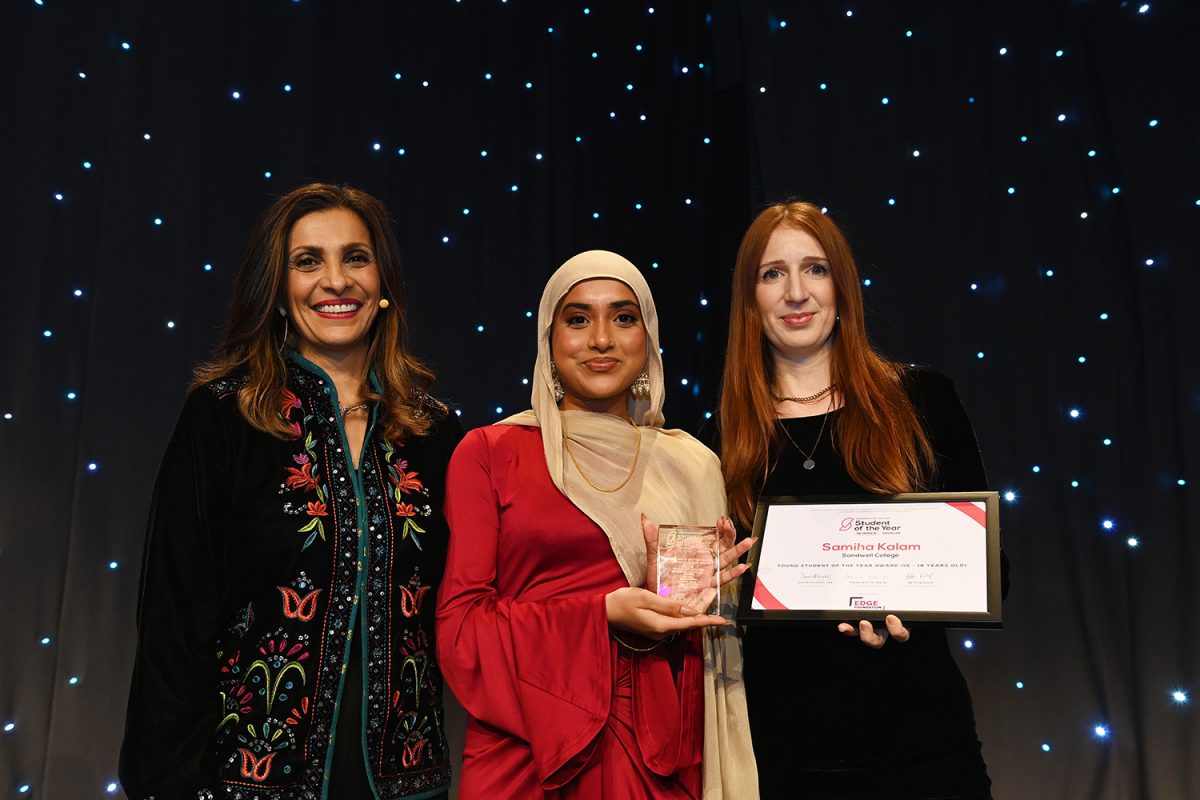
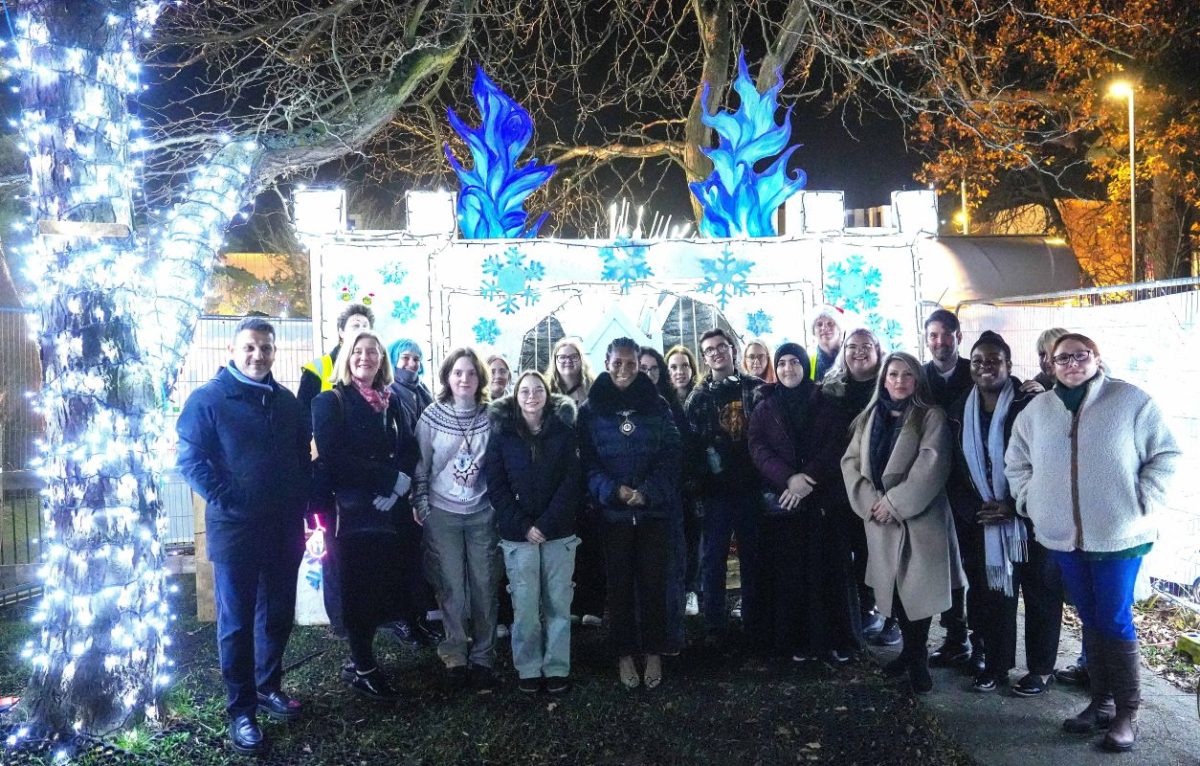
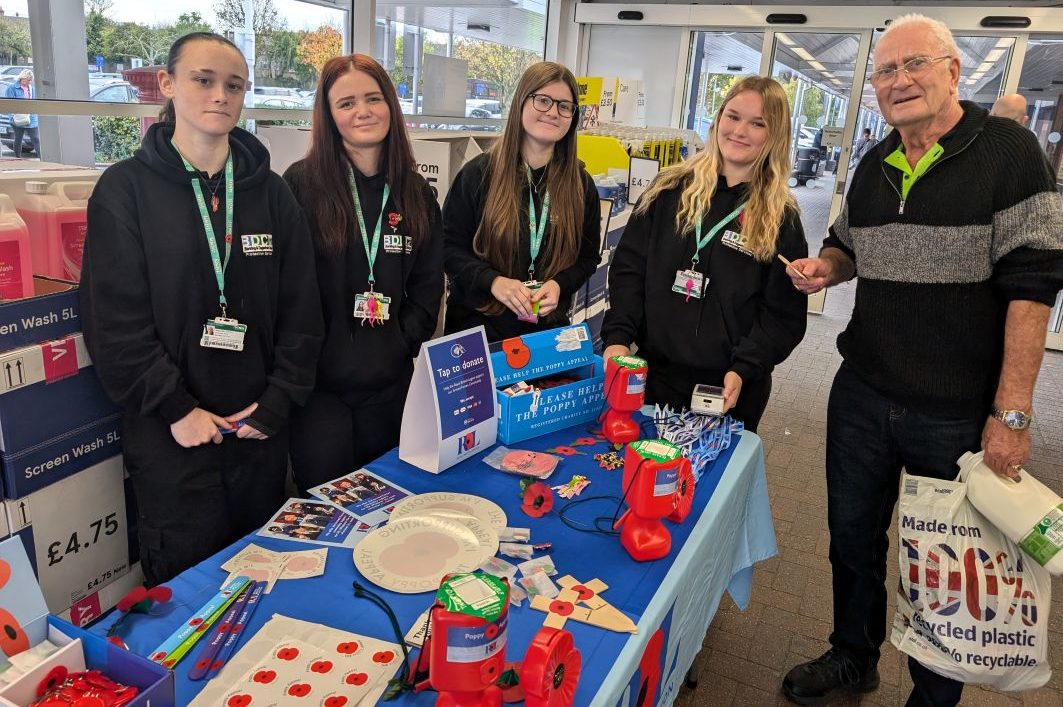
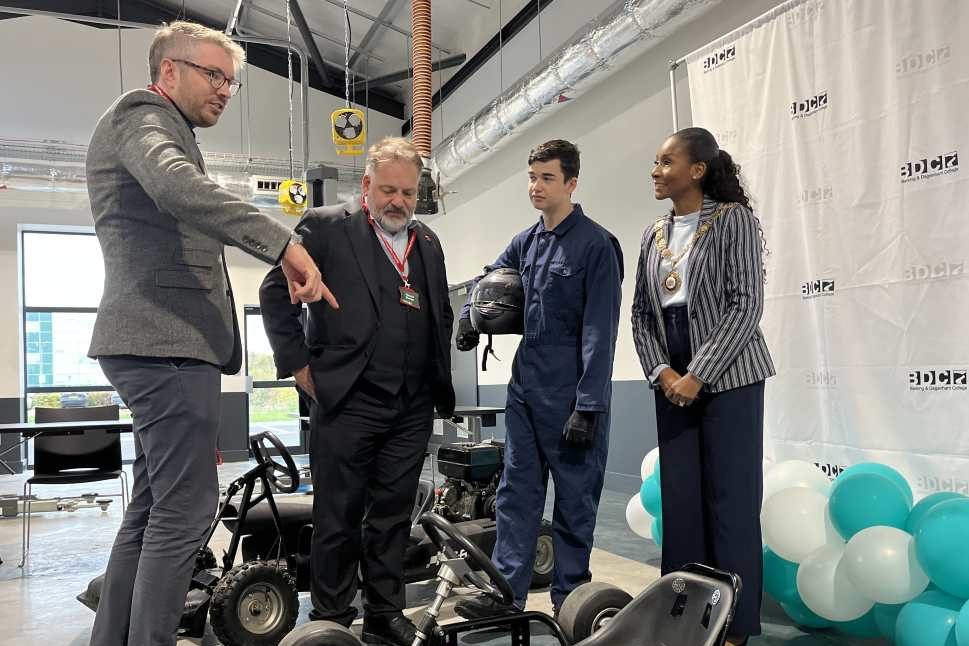


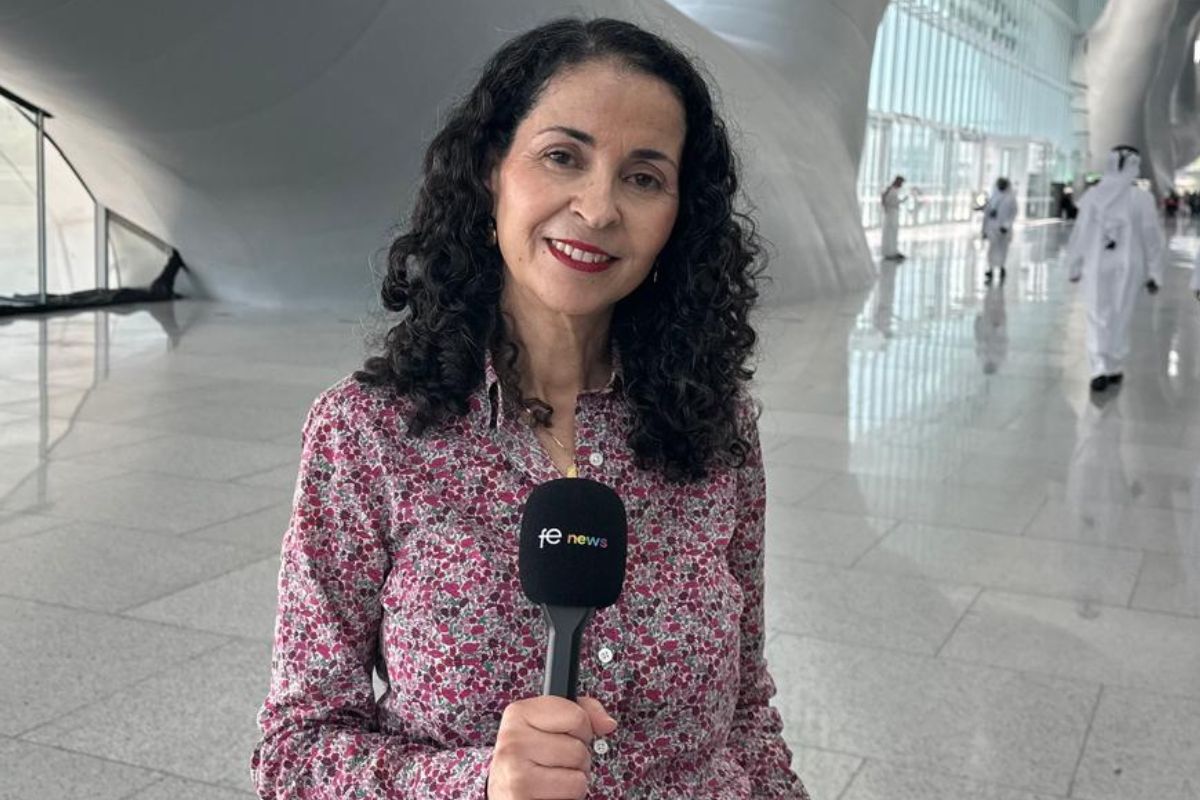
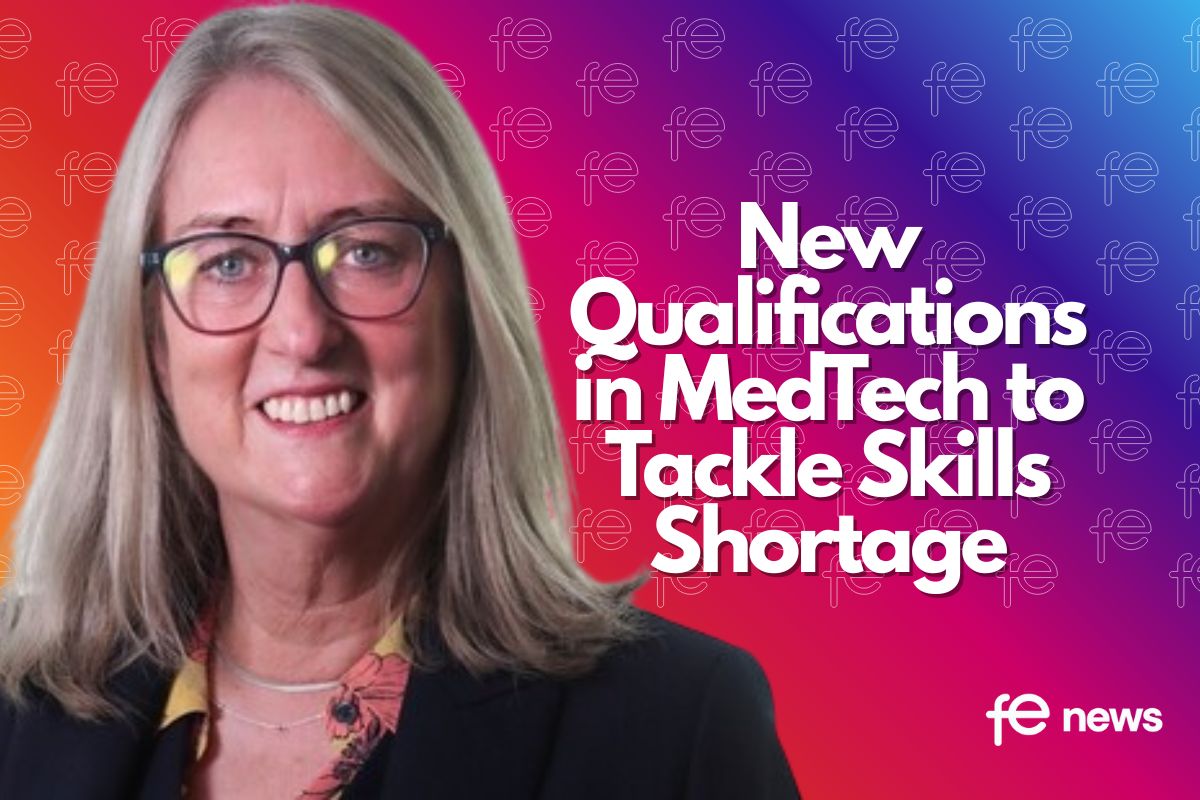
Shouldn’t the phrase ‘limitless potential’ be reserved for
the abstract world of Marvel superheros?
In a real factory, hospital or university, any newcomer will encounter
not only criticism, but specificities of culture and politics, e.g. those who like coaching, like and are good at coaching, a few who like to pass the buck, and maybe those who are in the wrong job. They might also encounter (and learn from) something similar in a real college prior to their first career step. How does the M-verse allow for the human/social/occasionally messy experience of being a student??
This seems to be whizzy technology, designed for
exactly what kind of human, a student in terms of
performing some implicit taken-for-granted mission?